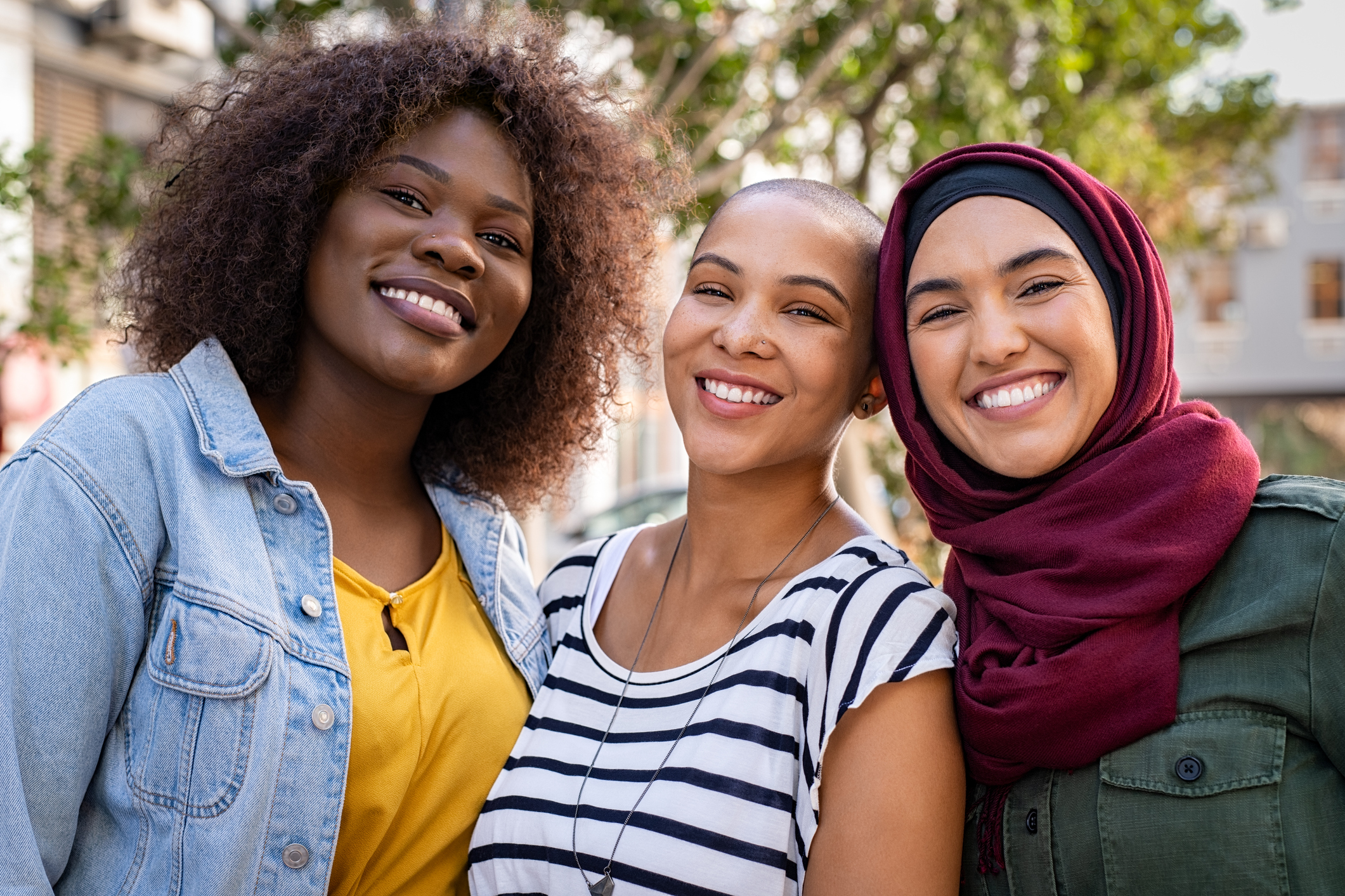
NAMI BIPOC Connection Recovery Support Group
free, support group for any BIPOC adult who has experienced symptoms of a mental health condition.
Our BIPOC (Black, Indigenous, and People of Color) Connection Support Group is a safe space for people of color to handle difficulties that come from dealing with a mental health condition. By sharing your experiences in a safe and confidential setting, you can gain hope and feel a sense of connection. The group encourages empathy, productive discussion and a sense of community.
Please note: This support group will be provided in English. This group is designed only for people of color (Black & African America, Latino & Hispanic, Asian American & Pacific Islander, and Indigenous Persons) who has experienced symptoms of a mental health condition may attend.
NAMI BIPOC Connection Recovery Support Group will help you:
- Aim for better-coping skills
- Find strength in sharing experiences
- Not judge anyone's pain
- Forgive ourselves and reject guilt
- Embrace humor as healthy
- Accept that we cannot solve every problem
- Understand that mental health conditions are no one's fault and can be traumatic experiences
Registration is required; attend any group at any time.
What to Expect
- Meets for 90-minutes.
- Confidential setting where you can share as much or as little personal information as you want.
- Designed for BIPOC individuals (18 and over) living with mental health conditions. If you are a family member of a loved one living with a mental health condition, please see our family programming.
- Facilitated by a trained team of individuals living with mental health conditions.
- Facilitators do not recommend or endorse any medications or other medical therapies.
- Facilitation is guided by NAMI's Principles of Support.
- Not an appropriate setting for children.
Registration is required. Click on the session below to see the details and the registration link
If this is your first time attending, please click here to read more about our support group.
Principles of Support
- We will see the individual first, not the illness.
- We recognize that mental illnesses are medical illnesses that may have environmental triggers.
- We understand that mental illnesses are traumatic events.
- We aim for better coping skills.
- We find strength in sharing experiences.
- We reject stigma and do not tolerate discrimination.
- We won’t judge anyone’s pain as less than our own.
- We forgive ourselves and reject guilt.
- We embrace humor as healthy.
- We accept we cannot solve all problems.
- We expect a better future in a realistic way.
- We will never give up hope.
Online BIPOC Connection Recovery Support Group
NAMI BIPOC Connection Support Group: Our BIPOC (Black, Indigenous, and People of Color) Connection Support Group is a safe space […]
Online BIPOC Connection Recovery Support Group
NAMI BIPOC Connection Support Group: Our BIPOC (Black, Indigenous, and People of Color) Connection Support Group is a safe space […]
